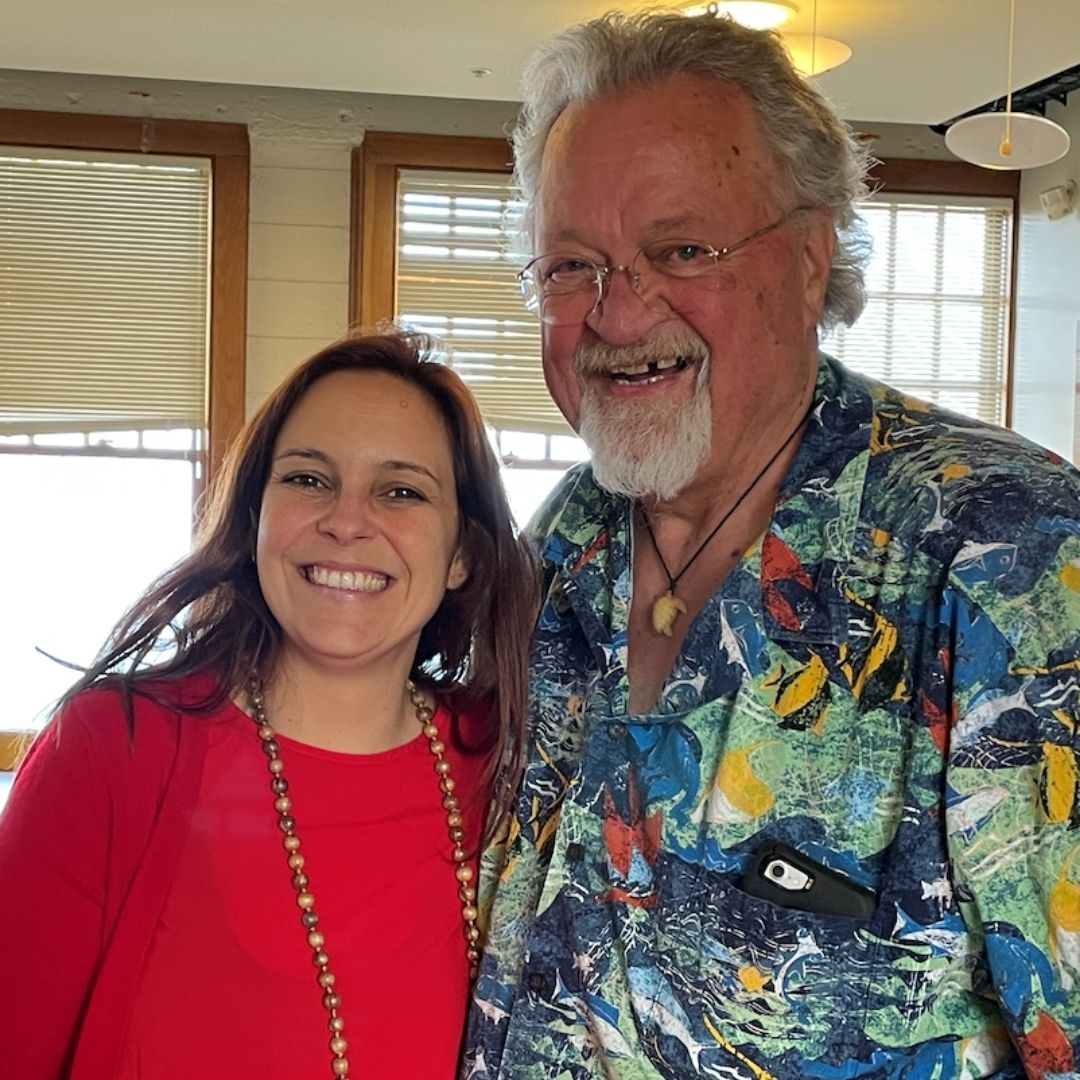MARE researcher contributes chapter to book on ocean conservation coordinated by Stanford University
Catarina Frazão Santos, researcher at MARE/ARNET, Faculty of Sciences, University of Lisbon (CIÊNCIAS ULisboa), is the lead author of the chapter “Marine Spatial Planning in the Age of Climate Change”, which is part of the new book on ocean conservation “Navigating Our Way to Solutions in Marine Conservation”, published in 2025 by Stanford University. 
Conceptualised and edited by Larry B. Crowder, professor of Marine Ecology and Conservation at Hopkins Marine Station (Stanford University), the book, which brings together 56 authors from institutions in 13 countries, including Portugal, shows a strong commitment to inclusion, promoting dialogue between the natural and social sciences and the integration of Western and indigenous knowledge.
‘As mentioned by Professor Callum Roberts on the book's official website, this work fills a gap in the field of ocean conservation, integrating natural, social and governance sciences, and is of particular interest to those working in developing countries and under-represented communities,’ says Catarina Frazão Santos.
This transdisciplinary and multicultural approach is considered essential for identifying effective solutions to the challenges facing the ocean.
The chapter ‘Marine Spatial Planning in the Age of Climate Change,’ led by Catarina Frazão Santos, explores the challenges of marine spatial planning in the context of climate change and its interconnections with marine conservation. The work was co-authored with experts Tundi Agardy (Sound Seas, USA) and Elena Gissi (Istituto di Scienze Marine, CNR, Italy).
“The book reflects advances in ocean conservation over the last two decades and can be seen as an update to the 2005 publication by Larry B. Crowder and Elliott A. Norse, Marine Conservation Biology: The Science of Maintaining the Sea’s Biodiversity,” the researcher points out.
The volume is available for free download, in its entirety or by chapter, HERE
Text by Vera Sequeira and Catarina Frazão Santos
